Europe is threatened with disaster: The fear of the worst scenario is growing VIDEO
Iceland is preparing for the eruption of the Fagradalsfjall volcano in the coming days.
Tuesday, 14.11.2023.
18:39
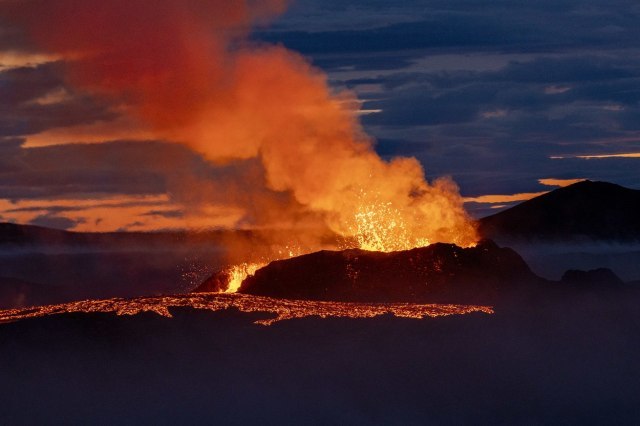
Europe is threatened with disaster: The fear of the worst scenario is growing VIDEO
The eruption could primarily cause major damage to local infrastructure and the release of toxic fumes, writes the BBC.Since the end of October, the southwestern region surrounding the Icelandic capital Reykjavik has been rocked by thousands of earthquakes.
This happens because of an underground river of magma – hot liquid or semi-liquid rock – about 15 km long that rises below the earth's surface.
The river extends beneath Iceland and part of the Atlantic Ocean, and the impact of the eruption on the island nation and beyond will depend on exactly where the magma seeps to the surface.
The small town of Grindavik, home to a dozen Serbian families, lies directly above the magma and has already been evacuated due to the danger of "fountains of fire" and harmful gases.
Dr. Bill McGuire, professor of geophysics and climate disasters, says Grindavik is very close to the location of the new fracture and the town's survival is at risk. "It all depends on where the magma ends up reaching the surface, but the situation doesn't look good," McGuire said.
Residents of the town of Grindavik described how they left their homes in the early hours of Saturday morning as the ground shook, roads cracked and buildings suffered extensive damage.
Fear of reliving dramatic scenarios
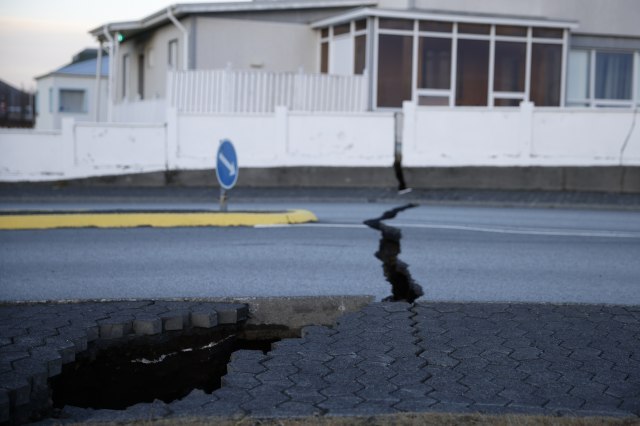
One of the biggest eruptions in Iceland happened way back in 1783 when there was a flood of lava that lasted for eight months and made large clouds of sulfur over northern Europe for more than five months. It is estimated that these clouds caused a cooling of about 1.3 C in the next two years.
Icelandic geophysicist Dr. Evgenia Ilyinskaya, who is in regular contact with geologists on the ground, told the BBC: "The fear was growing on Friday and Saturday that we could experience something of that magnitude."
If a volcano erupts offshore or on land and then flows into the sea, there will be a risk of an explosive ash cloud after the super-hot lava comes into contact with the water.
Europe is therefore keeping a close eye on the North Atlantic, as it fears a repeat of the 2010 scenario, when there was a major collapse across the continent.
The collapse of air traffic in Europe
In April 2010, the eruption of the Eyjafjallajökull volcano caused the largest closure of European airspace since World War II, with economic losses estimated at between 1.5 and 2.5 billion euros.The eruption was relatively small, but its impact was enormous. Europe faced air traffic chaos for almost a month. The ice-covered volcano began erupting in mid-March, after several months of increased seismic activity in Iceland.
The first eruptions were isolated on the northeast flank, but problems began to arise in April when eruptions spread to the center of the volcano, a three-kilometer-wide crater surrounded by ice. As the ice began to melt, the glacial water began to flood the volcano and met the magma there.
This rapid cooling caused the magma to turn into fine ash particles, which flew 10 kilometers into the air. Large plumes of volcanic ash spread rapidly over the volcano, moving eastward with the jet stream towards the Faroe Islands, Norway and northern Scotland.
Iceland responded by declaring a state of emergency, and European airspace was closed for security reasons. It is estimated that airlines were losing around £130 million every day, while millions of passengers were left without the option of flying.
However, experts say the circumstances of the new volcanic activity are very different and therefore such a dramatic impact is not expected.



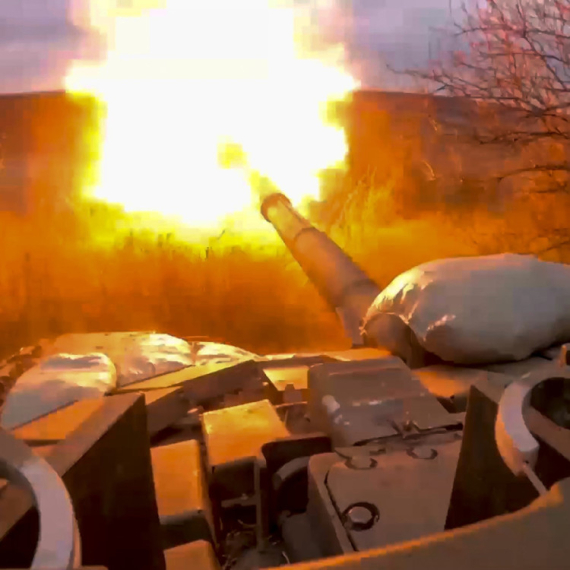
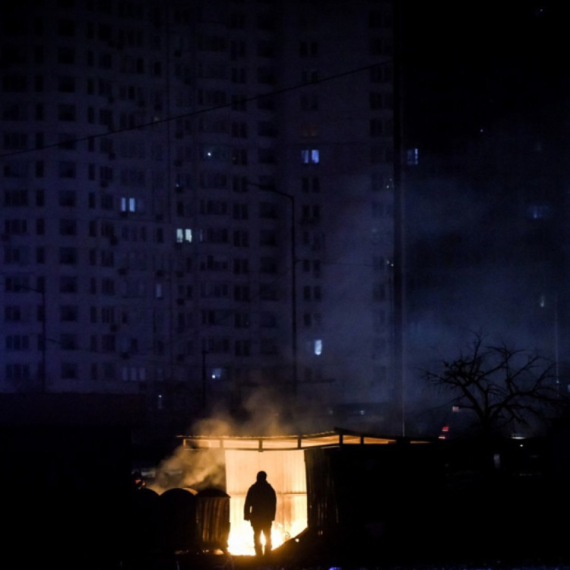
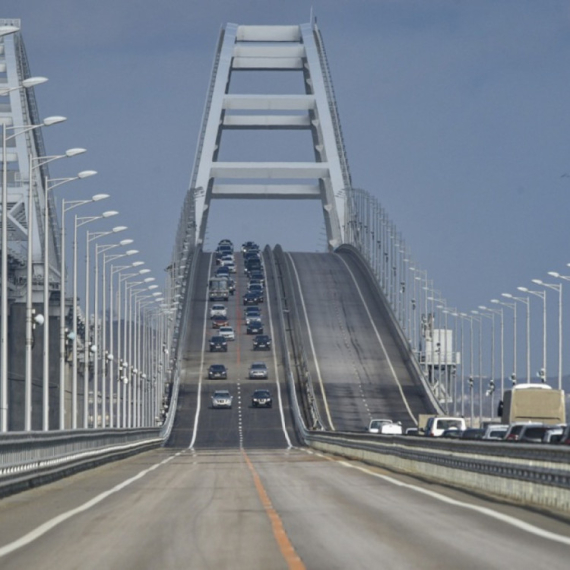













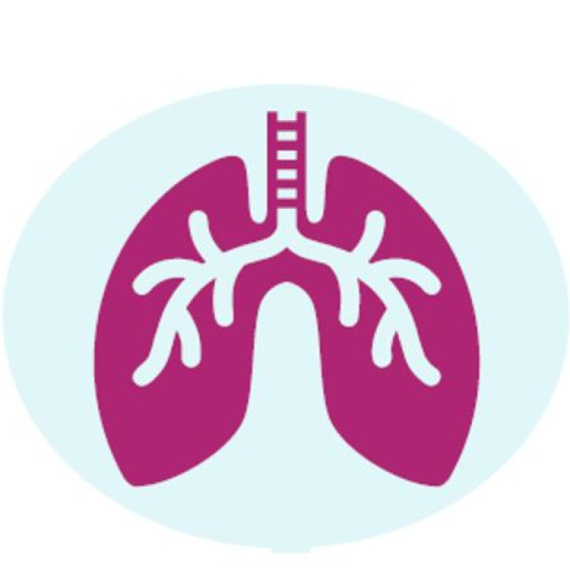












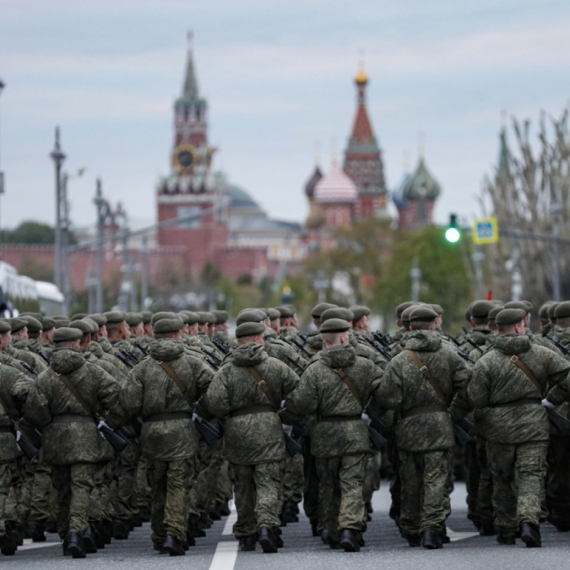
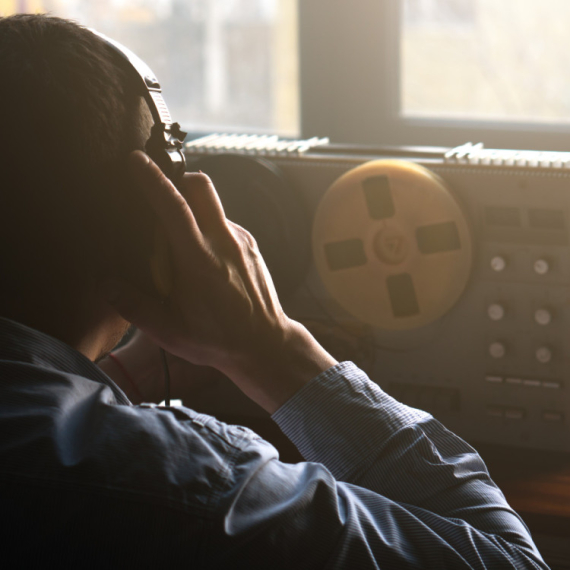
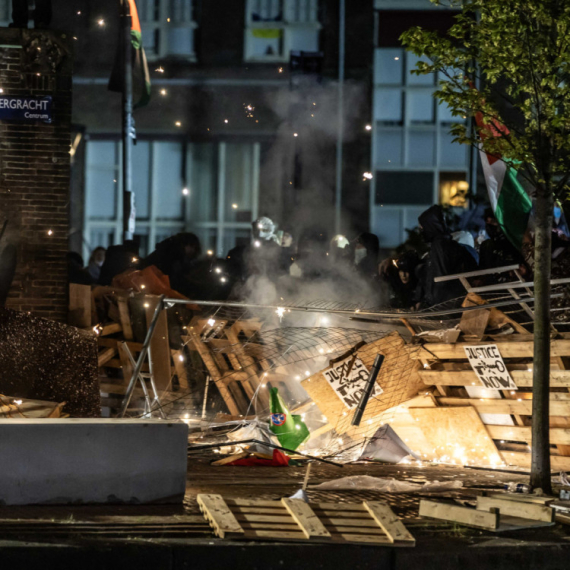











Komentari 5
Pogledaj komentare